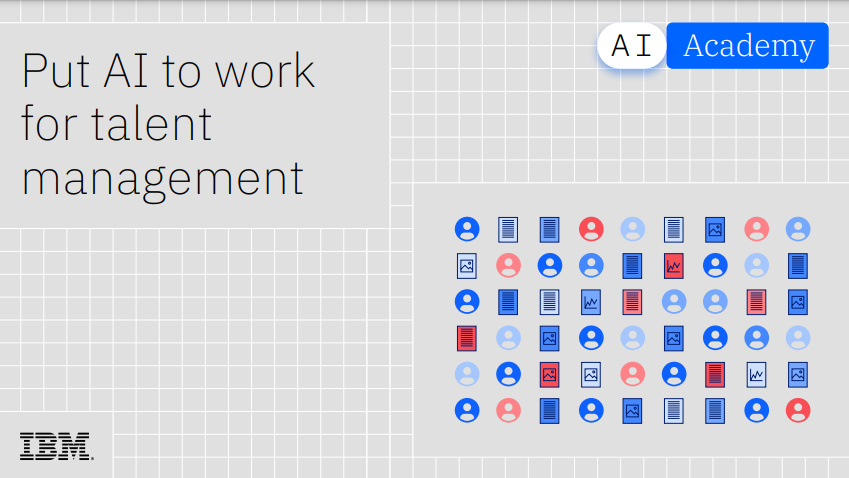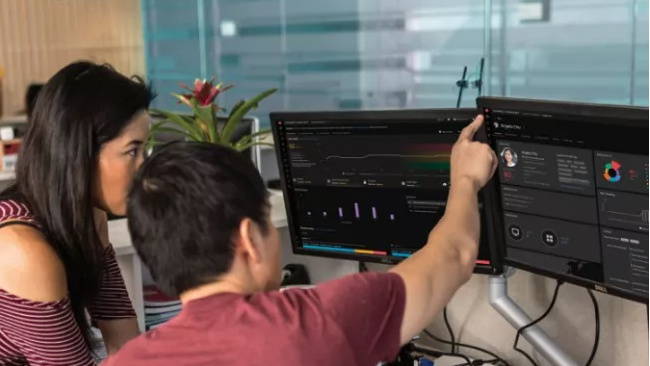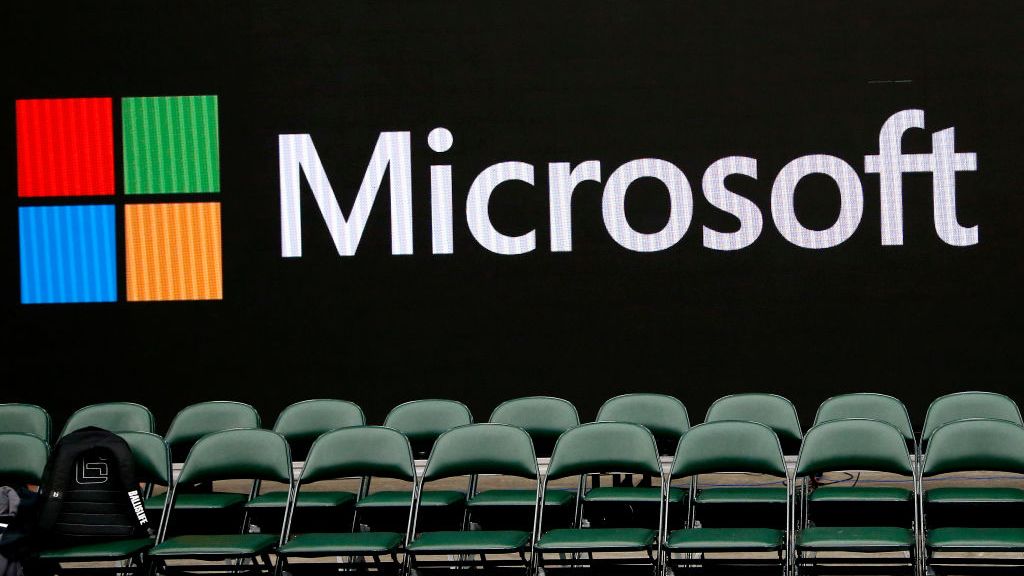Chip shortage slows production at Nissan and Suzuki
The automakers are stopping or scaling back production at auto plants in Japan and Mexico

The global semiconductor shortage has forced Nissan and Suzuki to halt production at some of their automotive plants in Japan and Mexico.
The shortage has already stopped or cut back production of vehicles such as the Ford F-150, Jeep Grand Cherokee, and Chevy Camaro.
Nissan will idle its huge factory in Kyushu, Japan for part of June and lower production at two other Japanese plants, Reuters reported Friday. The company is also temporarily stopping the production of some of its models built at its plant in Mexico.
“A global shortage of semiconductors has affected parts procurement in the auto sector,” a Nissan spokeswoman said.
Suzuki plans to idle three auto plants in Japan’s Shizuoka prefecture for three to nine days, according to Reuters.
This comes on top of recent news that Mitsubishi, another Japanese automaker, will reduce its output of vehicles by a whopping 30,000 in June at five auto plants in Japan, Thailand, and Indonesia.
Meanwhile, in the United States, the worldwide semiconductor shortage has already forced General Motors and Ford to slash production at automotive plants in three states, Canada, and Mexico.
Get the ITPro daily newsletter
Sign up today and you will receive a free copy of our Future Focus 2025 report - the leading guidance on AI, cybersecurity and other IT challenges as per 700+ senior executives
RELATED RESOURCE

Creating a sense of value for your workforce
Sample our exclusive Business Briefing content
Due to the chip shortage, the global auto industry is expected to make 1.5 million to 5 million fewer vehicles this year than originally planned, according to the consulting firm AlixPartners.
Ford and other automakers have asked the US government to help secure a steady supply of semiconductors to keep their auto factories running. However, a new tech lobbying group called the Semiconductors in America Coalition is arguing the government shouldn’t favor a single industry, such as automakers.
The White House says it’s exploring options to address the global chip shortage. President Joe Biden has already asked Congress for $50 billion to fund a bill that would help build more chip manufacturing capacity in the US.
Cisco CEO Chuck Robbins recently predicted it would take “another six months to get through the short term” of the shortage. Robbins added the crisis is unlikely to be fully resolved until 2022. Meanwhile, Dell Technologies founder and CEO Michael Dell recently said he expects that the chip crisis “will probably continue for a few years.”
-
 Bigger salaries, more burnout: Is the CISO role in crisis?
Bigger salaries, more burnout: Is the CISO role in crisis?In-depth CISOs are more stressed than ever before – but why is this and what can be done?
By Kate O'Flaherty Published
-
 Cheap cyber crime kits can be bought on the dark web for less than $25
Cheap cyber crime kits can be bought on the dark web for less than $25News Research from NordVPN shows phishing kits are now widely available on the dark web and via messaging apps like Telegram, and are often selling for less than $25.
By Emma Woollacott Published
-
 Put AI to work for talent management
Put AI to work for talent managementWhitepaper Change the way we define jobs and the skills required to support business and employee needs
By ITPro Published
-
 More than a number: Your risk score explained
More than a number: Your risk score explainedWhitepaper Understanding risk score calculations
By ITPro Published
-
 Four data challenges holding back your video business
Four data challenges holding back your video businesswhitepaper Data-driven insights are key to making strategic business decisions that chart a winning route
By ITPro Published
-
 Creating a proactive, risk-aware defence in today's dynamic risk environment
Creating a proactive, risk-aware defence in today's dynamic risk environmentWhitepaper Agile risk management starts with a common language
By ITPro Published
-
 How to choose an HR system
How to choose an HR systemWhitepaper What IT leaders need to know
By ITPro Published
-
 Sustainability and TCO: Building a more power-efficient business
Sustainability and TCO: Building a more power-efficient businessWhitepaper Sustainable thinking is good for the planet and society, and your brand
By ITPro Published
-
 What is small data and why is it important?
What is small data and why is it important?In-depth Amid a deepening ocean of corporate information and business intelligence, it’s important to keep things manageable with small data
By Steve Cassidy Published
-
 Microsoft's stellar cloud performance bolsters growth amid revenue slump
Microsoft's stellar cloud performance bolsters growth amid revenue slumpNews The tech giant partly blames unstable exchange rates and increased energy costs for the slowdown
By Rory Bathgate Published